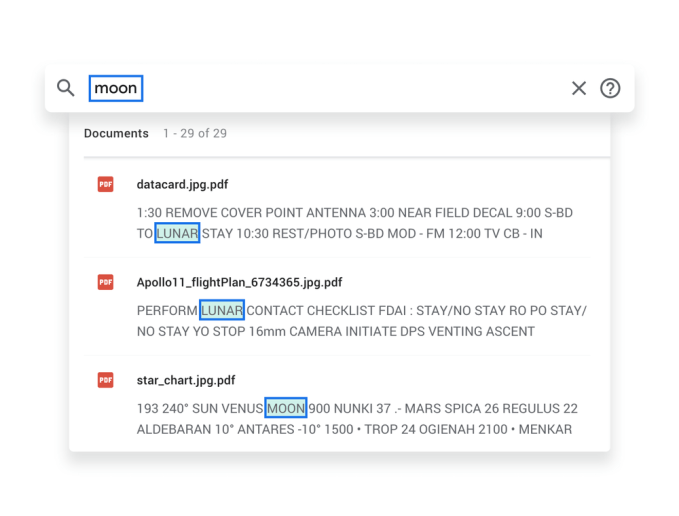We’re going checking out a range of different headphones on TC this week and next as part of our ‘Headphone Week’ series, and today I’m checking out the Shure SRH1540 ($499). These aren’t new – they’ve been a stand-by among audiophiles in their price range for years now. But there’s a great reason for that: They offer fantastic sound quality and value, as well as amazing comfort and wearability.
The basics
The SRH1540 from Shure are closed-back headphones that provide premium sound suitable either just for people who really like high-quality audio, or for those who actually have to work with audio on a regular basis, including sound engineers and podcast producers. They manage to produce a soundstage that’s very comparable to what you get out of open-back headphones, albeit with less noise leakage (great for shared work-from-home offices).
In the box, Shure includes not one but two cables, as well as a spare set of the Alcantara-covered ear-ads. They come with a hard-sided plastic carrying case, and a threaded adapter for using them with a 6.3mm audio jack (the cable is 3.5mm out of the box).
Design and features
Shure’s design with the SRH1450 is all about comfort and quality. The headphones are extremely lightweight – but don’t let that fool you into thinking it’s made of cheap materials. The frame uses aircraft-grade aluminum and carbon fiber to offer the most strength without creating something that’s going to weigh heavy on your head for long listening sessions.
The Alcantara material used in the earpads is also very durable, while offering a pleasantly soft-touch feel. There’s ample padding in the cups, too, and they rest lightly on your head while providing necessary give to accommodate a number of different head and ear shapes.
Shure uses a dual-connector cord design here, with each gold-plated end of the headphone side clipping in securely. They’re color-coded for accurate placement, and the cable itself is kevlar-wrapped to ensure the cord will last a long time. There’s a twin backup in the box as well just in case.
Sound-wise, these are excellent headphones that should please even the most discerning audiophiles, especially when paired with a DAC or USB audio interface like the Focusrite Scarlett 2i2 I mostly tested them with. They provide an amazing level of clarity and detail, and great bass without being totally overwhelming or washing out the soundstage. I’ve long used open-back headphones as my standard wired cans for audio editing and all-day wear, but the SRH1450s have converted me.
Bottom line
These are an amazing choice for anyone looking to spend a bit of money (but not too much, in the world of premium audio equipment) in order to get a pair of headphones that offer great sound quality along with durability and all-day comfort. The one caveat to keep in mind is that they aren’t really at all sound-isolating, though they’re better in this regard than open-back headphones.





